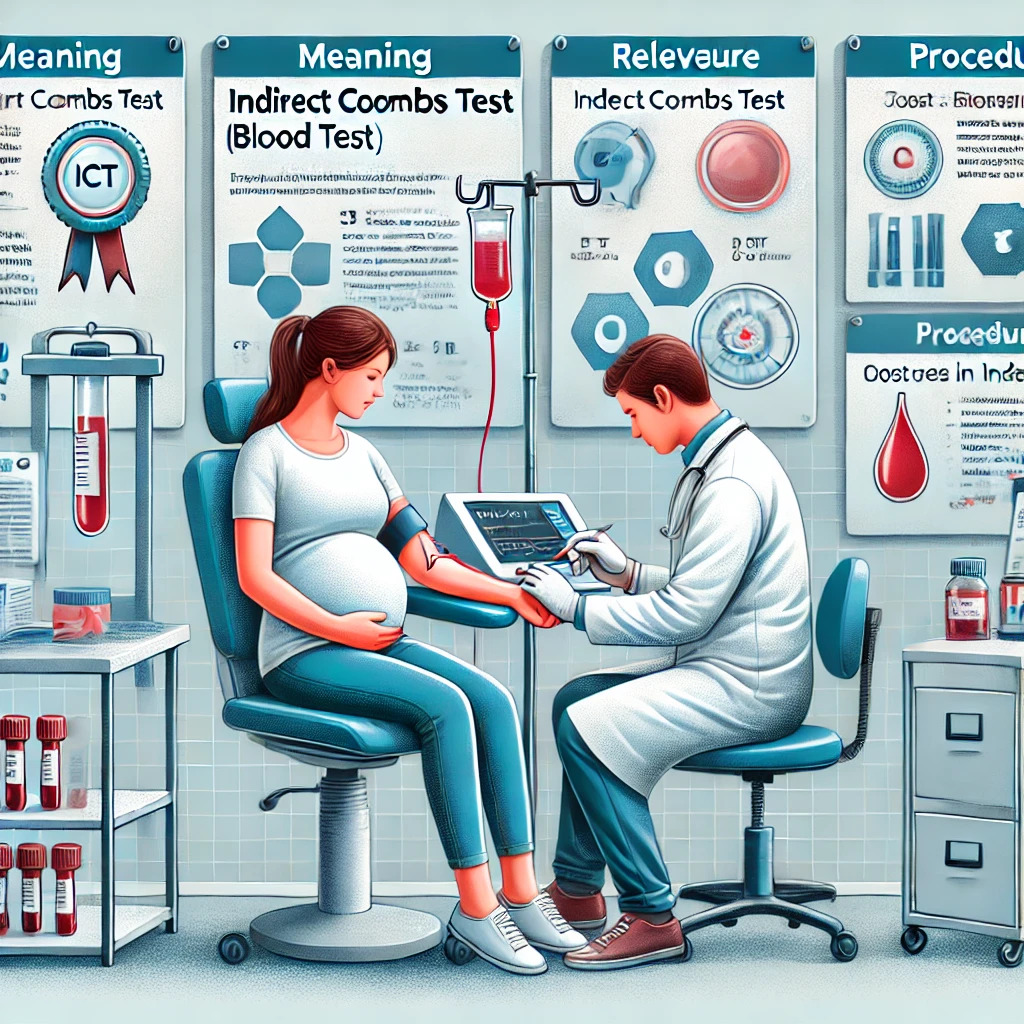How to keep your blood sugar levels in check without diabetes

Keeping your blood sugar level in check has become more common recently. More people want to know how to keep their blood sugar levels in check because they want to avoid the risk of Diabetes. Today, people are more aware about how Diabetes can seriously affect their lives and prevent them from living well. Test at home diabetes kits are very popular today because many people want to know their blood sugar levels without diabetes.
Here are some tips on how to keep your blood sugar levels in check even if you don’t have diabetes.
Eat more fiber
Fiber is one of the most essential elements required for blood sugar management. It is recommended to increase your intake of fiber since fiber also works as a preventative measure. Many studies show that fiber is essential for weight management and can reduce the risk of heart disease. Eating whole grains rather than refined, high fiber vegetables like broccoli and cauliflower can help you reach the recommended amount of fiber per day. Other foods like whole fruits such as raspberries; apples with skin; oranges, and legumes are also recommended.
The recommended amount of fiber per day for men is between 30-38 grams while the recommended amount of fiber for women is between 21 to 25 grams per day.
Eat fruit and avoid fruit juice
A lot of people prefer drinking fruit juice rather than eating a whole fruit. You should realize that eating a whole fruit and drinking juice are two totally different things. Whole fruits are often rich in fiber and should be consumed for greater benefits. When you are only drinking juice, you are taking in more sugar and calories compared to a scenario where you eat whole fruit. This can cause problems such as weight gain and sugar spikes. Eating a whole fruit also provides satiety which juice cannot. So try to include whole fruits in your diet rather than just having a glass of fruit juice.
Get more high quality sleep
Sleep is the most important factor for our wellbeing. It is now widely known that sleep has a large role to play in our hormonal activity. Thus, sleep is directly related to our blood sugar levels. Several studies show that a long term lack of sleep may contribute to the risk of type 2 diabetes. Lack of sleep is also related to other health conditions like cardiovascular disease, obesity and more. You should try to get 8 to 9 hours of sleep every night.
If you are having trouble in sleeping well, you can follow these tips
Make sure that your room is cool
Cut out any extra light so that your room is dark
Avoid alcohol or caffeine a few hours before going to bed
Avoid TV, cell phones and computers before bed
Try to shed some extra weight
One of the leading causes of insulin resistance is being overweight. Insulin is the hormone which regulates the levels of blood sugar in our blood. You don’t have to lose a huge amount of weight to see the results. A study found that losing just 5 to 10% of body weight had a positive effect on insulin sensitivity and glucose tolerance. This is why you should focus on the small changes to see big results in the long term. The goal is to have optimum health on all levels and being at an optimum weight is one of them.
If you know the normal range of your diabetes test, you can try shedding some weight and then check your diabetes range again. You will be pleasantly satisfied.
Regulate stress
It has been noted that when a person is stressed out, their blood sugar levels are inclined to go higher. High stress leads to lower insulin levels and allows more glucose to be released from the liver which directly goes into your blood streams. This process can cause disturbances in your body for up to 8 hours.
Now, how to reduce stress? Many studies have shown that regular Yoga and meditation results in lower stress levels over a long period of time. Even if you practice yoga and meditation once a week, you will surely see some positive changes. Indulge in outdoor activities and try to go into nature. Make sure you do things that you love and spend quality time with your loved ones. You can learn breathing techniques to regulate stress.
Always eat your breakfast
If you are diabetic or prone to getting diabetes, you should always ensure that you eat your breakfast on time. Make sure you take a high-protein breakfast. Your diet should be balanced and rich in fiber, healthy fats, and protein. A high protein breakfast has been shown to reduce post meal sugar spikes. This has been proven by monitoring blood sugar levels of participants in various studies. Breakfast is really the most important meal of the day in this case.
Before you worry about your blood sugar levels without diabetes, you should follow these tips. People with a family history of diabetes, those who are overweight, and people on certain medications require regular checks for their blood sugar levels.
Even if you already get your diabetes test done regularly, you should follow these tips and see the results get better. If you are diabetic, you should check with your doctor and then follow these recommendations.
If you want to get the most accurate diabetes test checkup, you should check out the Diabetes test packages at O-Lab, one of the most reputed labs in India.
Want to talk?
Reach out to us at O-Lab and get answers to all your questions.





